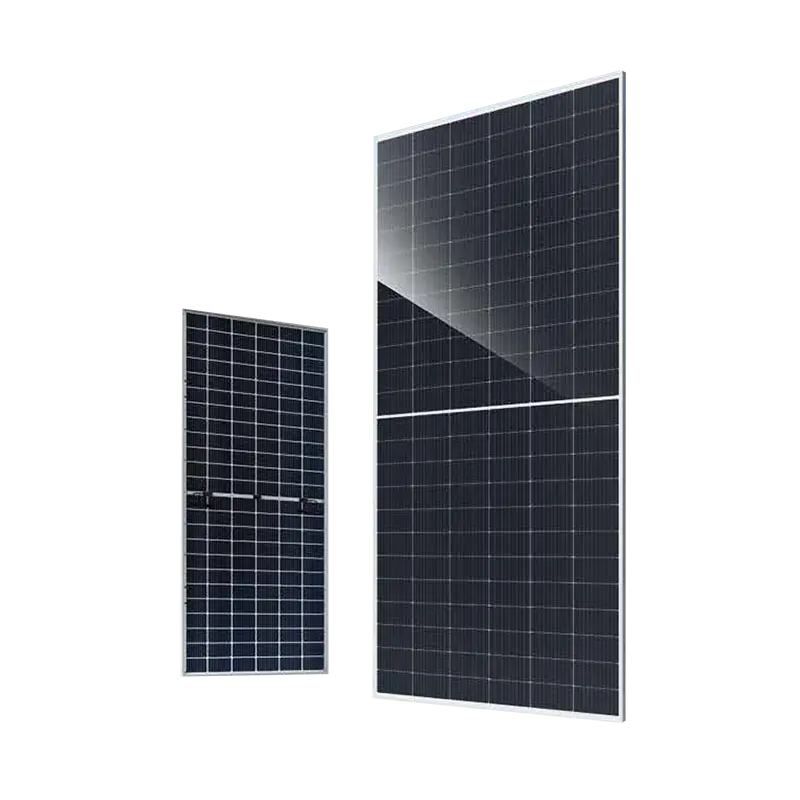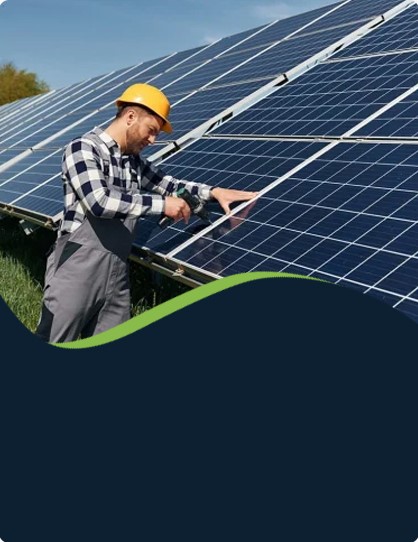
-
[email protected]

-
Building 1, No. 21 Shengfa Road, Lucheng District, Wenzhou, Zhejiang, China



Solar panel installation is a key service for those looking to transition to renewable energy and reduce their carbon footprint. This service involves the design, installation, and integration of solar panels on various types of buildings, including residential homes, commercial properties, and industrial facilities.
Before any installation takes place, a thorough site assessment is conducted to determine the good solar panel system for your needs. The system design is tailored to big solar energy production, ensuring that the panels are placed in locations that receive good sunlight throughout the day.

Additionally, we analyze the energy consumption patterns of the building to size the system appropriately. Whether you are looking to cover a portion or all of your energy needs, we recommend a system size that aligns with your goals.
Once the design is finalized, the appropriate solar panels are selected based on efficiency, durability, and cost. The choice of panels depends on factors such as available roof space, budget, and the energy goals of the property owner. Solar panels are available in various types, including monocrystalline, polycrystalline, and thin-film panels.
Installation typically involves mounting the solar panels on the roof or another suitable location, such as a ground-mounted structure. The installation team ensures that the panels are securely fixed and angled to capture the most sunlight. Additionally, the panels are connected to an inverter, which converts the direct current (DC) electricity produced by the panels into alternating current (AC) electricity, which is used to power the building.
This includes making the necessary electrical connections to ensure that the solar energy produced can be used efficiently throughout the property. The inverter is linked to the main electrical panel, allowing solar power to be used directly or stored in energy storage systems like batteries.
When the system produces excess energy, it can be fed back into the grid, providing credits or compensation depending on local regulations. If the system is off-grid or includes a battery storage system, the stored energy can be used during times when sunlight is unavailable, such as at night or on cloudy days.
Many solar panel installations are designed to include battery storage systems to increase energy independence. This not only increases the efficiency of the solar system but also provides a level of energy security, especially in areas with frequent grid interruptions.
Many solar energy systems come with monitoring software that allows property owners to track energy production in real time. This system helps identify any performance issues, such as decreased efficiency due to shading, dirt accumulation on the panels, or malfunctioning components.
Maintenance is also a critical component of solar panel installations. Regular cleaning of the panels, inspections of the wiring and inverter, and ensuring the system remains free of debris or obstructions are essential for long-term efficiency.
One of the main reasons people invest in solar panel installation is the environmental benefits. By using solar energy, you significantly reduce your dependence on fossil fuels and decrease your carbon footprint. Solar energy is a clean, renewable resource that helps reduce greenhouse gas emissions and air pollution.
The long-term financial and environmental benefits of solar panel installation are clear. The savings over this period can add up to a significant amount, especially as energy prices rise.
Solar energy also offers energy independence, which means less reliance on external energy sources. This not only provides peace of mind during power outages but also contributes to the overall stability of your energy supply.
Solar panel installation is a transformative service that helps homes and businesses reduce their reliance on traditional energy sources, lower utility costs, and contribute to a more sustainable world.
Your email address will not be published. Required field are marked*
